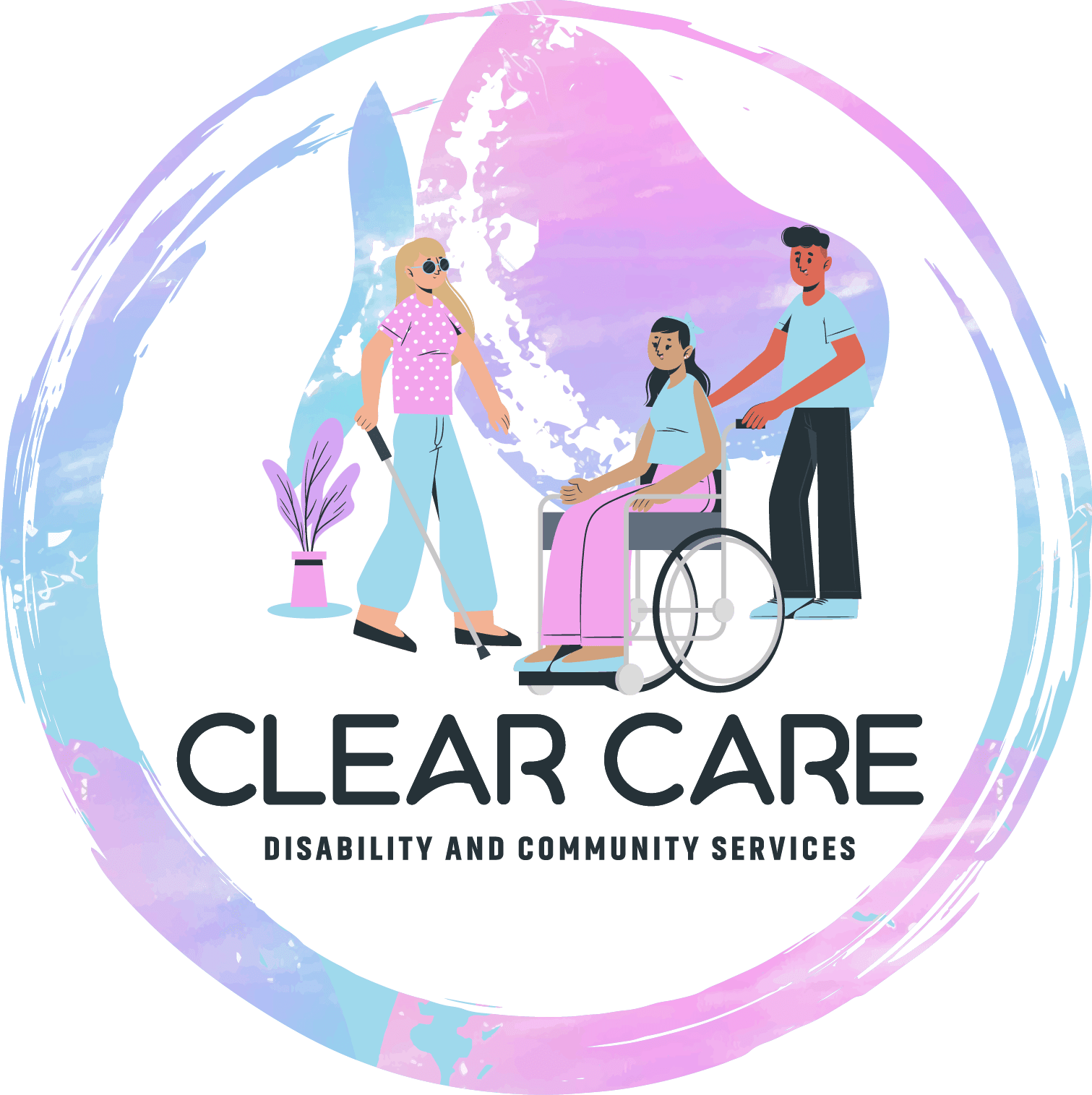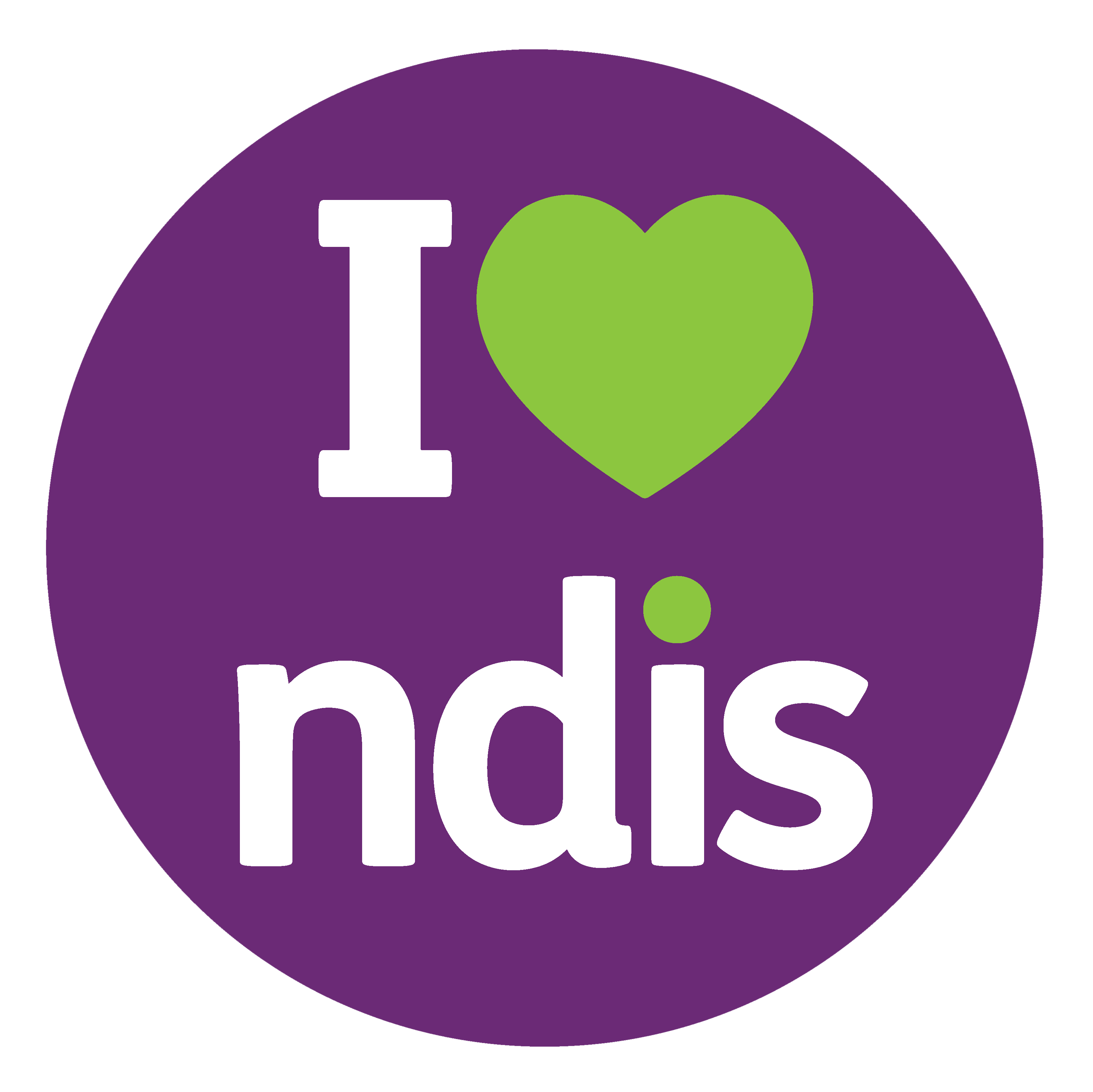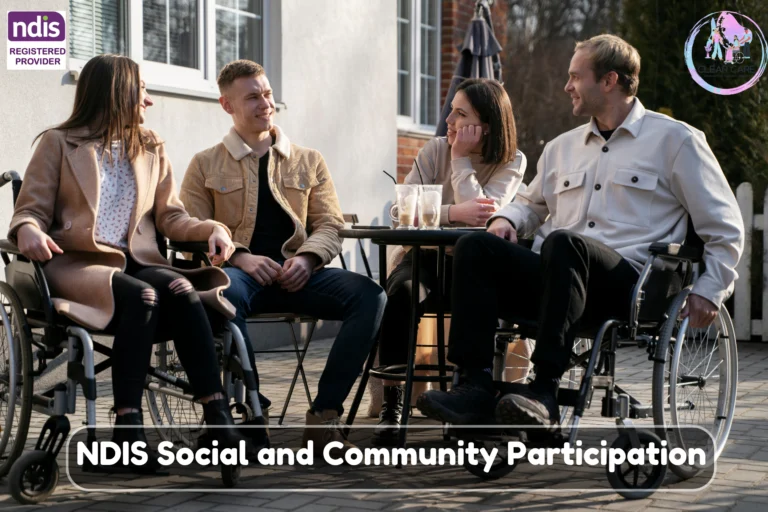Daily Living Made Easier: NDIS Assistance with Daily Life Unpacked
If you or someone you know is living with a disability, it’s important to understand the National Disability Insurance Scheme (NDIS) and its different budget areas. NDIS funding covers 15 budgets, all grouped into three main categories: Core supports, Capital supports, and Capacity building supports. Today, we’ll specifically focus on one of the more flexible NDIS supports that falls under the Core supports category – Assistance with Daily Life. In this guide, we’ll walk you through the funding involved in NDIS Assistance with Daily Life and how to make the most of this essential support.
What Supports Can You Expect from Assistance with Daily Living?
Here are the various types of support available under Assistance with Daily Life in your NDIS Plan:
- Assistance with daily personal activities: This includes support with tasks related to personal care, such as bathing, dressing, grooming, and toileting. It’s aimed at helping you maintain your hygiene and well-being on a day-to-day basis.
- Assistance with household tasks: This support covers assistance with chores around the home, including cleaning, laundry, meal preparation, and general tidying up. It ensures your living environment remains safe, clean, and comfortable.
- Assistance in shared living arrangements: If you reside in a shared living environment, this support provides assistance tailored to the needs of the household. It may involve help with meal preparation, household chores, and coordination of activities within the shared space.
- Supported Independent Living (SIL): SIL offers support for individuals who live independently but require assistance with certain tasks to maintain their independence. This may include assistance with budgeting, grocery shopping, cooking, and managing household responsibilities.
- Short Term Accommodation and Assistance (or respite): This support provides temporary accommodation and assistance to give caregivers a break from their caregiving duties. It offers individuals with disabilities the opportunity to stay in a different environment temporarily while receiving the necessary support and supervision.
Whether it’s support within one’s home or in community settings, the focus is on facilitating regular tasks and community engagement. This funding can be utilised for support workers to aid or supervise tasks, or to perform tasks on behalf of the individual if necessary.

Examples of NDIS Assistance with Daily Life
NDIS Assistance with Daily Life offers a wide range of daily activities. Here are some specific examples of how you can use your NDIS Assistance with Daily Life funding:
- Help with getting ready: This includes assistance with showering, dressing, and other self-care activities to start your day feeling refreshed and confident.
- High intensity self-care activities: If you need extra support for activities that require more effort or attention, such as managing medications or complex grooming tasks, your funding can cover this.
- Overnight sleepover support: If you require assistance during the night, you can use your funding to arrange for a support worker to stay overnight or for help from a live-in carer.
- Community outings: Your funding can be used for support to help you participate in community activities, whether it’s driving you to places or accompanying you on public transport.
- Household chores: If you’re unable to manage household chores like cleaning or laundry, you can use your funding to hire someone to assist with these tasks or arrange for a linen service.
- Yard work: Your funding can cover basic yard work like lawn mowing or gardening if you need help maintaining your outdoor space.
- Food preparation and meals: You can use your funding to hire someone to assist with food preparation and cooking, or cover the costs associated with meal delivery services if you’re unable to cook for yourself.
- Health and fitness support: If you need assistance with activities related to your health and fitness, such as attending exercise classes or physiotherapy sessions, your funding can help cover these costs.
- Assistance with appointments: Your funding can be used to arrange transportation or hire a support worker to accompany you to medical appointments or other important meetings.
By utilising your NDIS Assistance with Daily Life funding for these purposes, you can ensure that you receive the support you need to live a fulfilling and independent life. And it is worth noting that unlike in the past, a quote is no longer required for meal preparation and delivery services under this budget category since March 1, 2022.
What is not covered under NDIS Assistance with Daily Life
Under Assistance with Daily Life, there are specific items and services that your NDIS funding cannot cover. These include:
- The cost of food: While you can use your funds to hire a support worker for meal preparation, the NDIS does not cover the cost of ingredients or ready-made meals.
- Household supplies: Your NDIS funds won’t cover the cost of cleaning supplies like laundry detergent or household items.
- Personal items unrelated to your disability: Items such as toiletries or cosmetics are not covered by NDIS funding.
- Ticket prices for events: While you can use your Companion Card for a support worker to accompany you, the NDIS won’t cover entry fees for events like museums or concerts.
It’s essential to discuss any uncertainties about what your NDIS plan covers with your Support Coordinator or Local Area Coordinator. Additionally, other expenses like rent, board, mortgage payments, or tickets for entertainment purposes are also not covered by NDIS funding.
Clearing the confusion between NDIS Assistance with Daily Life (ADL) and NDIS Improved Daily Living (IDL)
You may have come across another term, Improved Daily Living (IDL), which may seem similar to Assistance with Daily Life (ADL). However, it’s important to understand that IDL is often categorised under the Capacity Building supports budget. While both ADL and IDL share the common goal of aiding individuals in leading dignified and independent lives, there are key differences between the two:
- Purpose and Focus: ADL primarily focuses on assisting individuals with their daily tasks, ensuring their basic needs are met. In contrast, IDL aims to enhance overall well-being and quality of life by addressing a wider range of needs and aspirations.
- Scope of Assistance: ADL services typically revolve around essential activities such as personal care and mobility. IDL services, on the other hand, may include therapeutic interventions, skill-building programs, and recreational activities aimed at holistic development.
Impact on Daily Life: While ADL services ensure individuals can carry out their daily routines with ease, IDL services have a broader impact on individual’s lives, empowering them to engage more actively in their communities, pursue personal interests, and achieve their goals.

Conclusion
NDIS Assistance with Daily Life provides crucial support for individuals with disabilities, aiding in everyday tasks and promoting independence. However, it’s important to note what this funding does not cover, including food, household supplies, personal items, and event tickets. By understanding these parameters and working closely with coordinators, individuals can maximise the benefits of this essential support.
At Clear Care Community, we are committed to empowering individuals with disabilities to live fulfilling and independent lives. As a certified NDIS provider, we specialise in offering NDIS Assistance with Daily Living, ensuring that our clients receive the support they need to thrive in their daily activities.
Our mission is to provide personalised care and assistance tailored to the unique needs of each individual, fostering dignity, autonomy, and well-being. With our dedicated team of caregivers and comprehensive services, we strive to make a positive difference in the lives of those we serve, helping them to achieve their goals and participate fully in their communities. Contact us now to embark on a journey of independence. Together, let’s unlock the potential of NDIS assistance with daily life and pave way for a brighter future.








